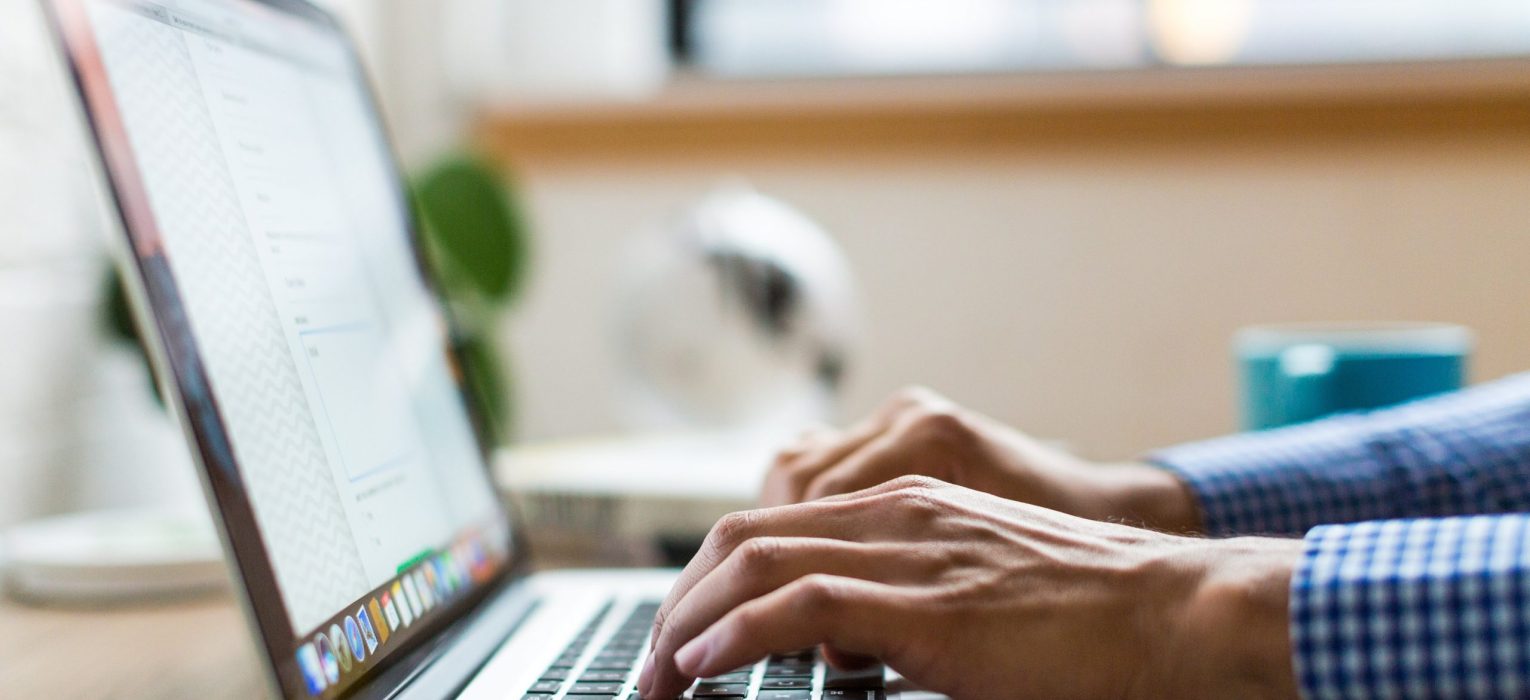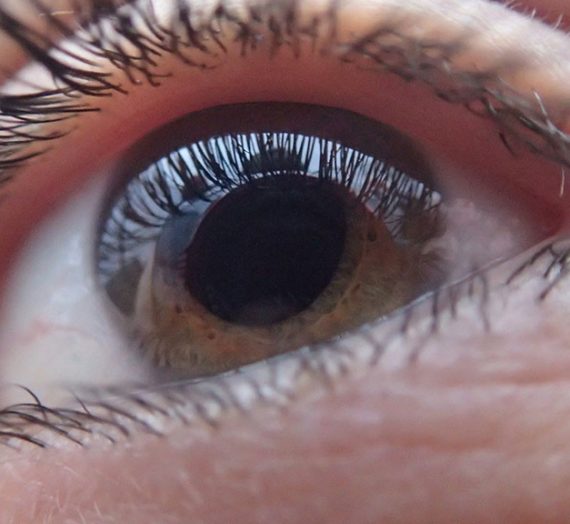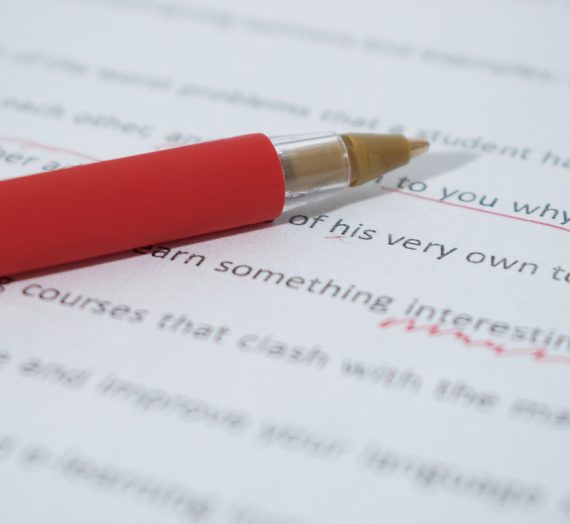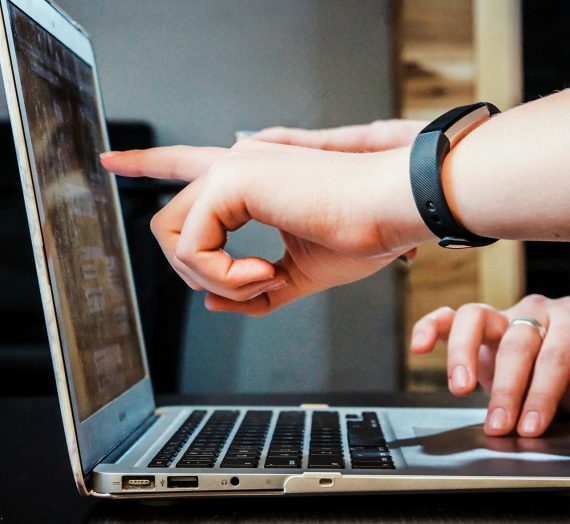With remote work becoming increasingly common for writers and editors, find out how you can tune out distractions and utilize your time effectively.
Have you ever been in the middle of a writing or editing session only to be thrown completely off course when you receive a notification? One buzz from our phones can have us texting, checking emails, and scrolling through social media instead of working. Now that so many editors and writers work from home, digital distractions are even more prevalent. So how can we escape from constantly being sidetracked by technology, and how can breaking free from these distractions impact our productivity?
THE RESEARCH
Larry D. Rosen, L. Mark Carrier, and Nancy A. Cheever discuss the prevalence of technological distractions in their article “Facebook and texting made me do it: Media-induced task-switching while studying.” They conducted a study in which 263 students were observed for 15-minute study sessions in their typical studying environments. The students were told that the purpose of the observation was to determine how people usually study.
Each minute of each session was tracked to see if the students were on task or off task—in the time spent off task, they were using social media, texting, watching television, listening to music, eating, or walking. On average, the students were on task about 65% of the observed time (about 10 of the 15 minutes). The more technology that was available in the participants’ environments, the more the participants resorted to task switching.
Rosen, Carrier, and Cheever report that “even during a short 15-min observation period, and aware that they were being observed, participants were only capable of maintaining on-task behavior for a short time, averaging less than 6 min on task before switching” (2013, 955).
“Even during a short 15-min observation period, and aware that they were being observed, participants were only capable of maintaining on-task behavior for a short time, averaging less than 6 min on task before switching.”
Rosen, Carrier, and Cheever (2013)
THE IMPLICATIONS
Editing and writing from the comfort of our homes has its perks, but it comes with the risk of losing time to distractions. Rosen, Carrier, and Cheever suggest that to avoid getting sidetracked while working we integrate “technology breaks” (2013, 956) into our schedules.
The three researchers suggest setting aside time before studying or working to quickly check phones, silence them, turn them over, and place them in plain sight as a reminder of the next break. They note that “trials using an alternating sequence of a 1-min technology break followed by a 15-min lesson or study period boosted attention and focus and enhanced learning” (2013, 956).
Since a lot of the work we do as writers and editors is done digitally, we can also tune out distractions by adjusting our laptops to a Focus or Do Not Disturb setting to limit notifications popping up on our screens while we work. Learning to balance our on-task and off-task activities during work time will enable us to achieve greater productivity as we edit and write from home.
To learn more about technological task-switching and how to overcome it, read the full article:
Rosen, Larry D., L. Mark Carrier, and Nancy A. Cheever. 2013. “Facebook and texting made me do it: Media-induced task-switching while studying.” Computers in Human Behavior 29, no. 3 (May): 948–58. https://doi.org/10.1016/j.chb.2012.12.001
—Ashlyn Pells, Editing Research
FEATURE IMAGE BY BURST
Find more research
Take a look at Madeline Hill’s Editing Research article to learn more about using technology for editing: “Online Editing: The Effects of Technology on Future Editors.”
Check out this article by the Editorial Freelancers Association for ideas on editing and writing from home: “Helpful Hints for Working from Home.” n.d. Editorial Freelancers Association. Accessed May 19, 2022. https://www.the-efa.org/helpful-hints-for-working-from-home/





Suzanne Uchytil
Interesting. I never really considered that maybe I should not only have my phone turned off, but also in a different place where it’s harder to reach/see. I’ll have to try it out. I also didn’t know that my laptop probably has a Do Not Disturb function. That will be useful!
I wonder if there’s been a similar study done more recently, like during the pandemic when everyone was working from home. Or maybe a study that was done after the majority of the pandemic was over.